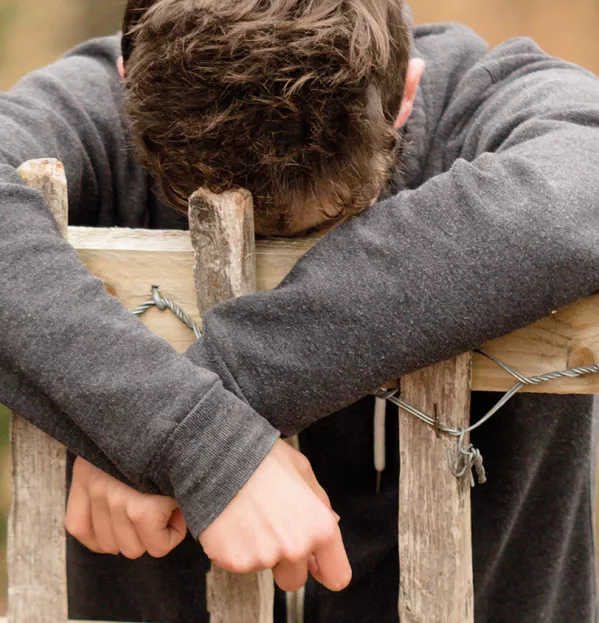As a continuing professional development opportunity, it’s not very enticing. Held in Scotland’s most unwelcoming, hard to reach venues at the end of the school day, these CPD events will neither improve your subject knowledge nor your career prospects. Yet in the five years since the Families Outside charity began organising visits, over 2,500 teachers have gone inside Scotland’s most notorious prisons to partially experience what it is like for a pupil who has a family member inside.
While HM Prison Greenock has tried to make the open visit area welcoming, with a patio and brightly painted murals, the bolted-down furniture and dauntingly high fence outside serve to remind myself and the 17 other teachers attending this unique CPD that the mothers, fathers, aunts, uncles and grandparents who live here cannot leave voluntarily. At the time of my visit earlier this year, 71 out of the 220 prisoners were getting visits from their children - who may live far away - on the two days a week that the prison is open to visitors.
It is unknown how many thousands of others across Scotland are going through a similar experience, as numbers of children who have a parent inside are not recorded. But it’s estimated that 7 per cent of the current school population will have a parent in prison at one point during their school career. Schools are not automatically told about this change in a pupil’s life and the stigma attached reduces the chances of a child divulging it to a teacher.
As we were told by an organiser of our visit, “If someone dies, a pupil is offered grief support through the school or community environment - this doesn’t occur when a close relative goes to prison.”
Yet schools can be an excellent conduit between prison and home. A trusted teacher can support a pupil in a nonjudgmental manner, and prison visits such as this one help teachers to empathise with what can be a traumatic experience of seeing a loved one in an alien environment. A strong school link can help prisoners to feel valued when report cards and information about their child is forwarded to them. Some prisons run homework clubs, creating a space for parent and child to work together.
At Greenock, on the first day of school, the prison organises for the children to be photographed with mum and dad - the prison-issue sweatshirt covered by another top - in acknowledgement of the important role that the parent will have in their child’s education.
It has been estimated that reoffending is reduced by six times if the prisoner maintains good contact with their families during custody. What we saw was not just support for pupils - but for parents and society as a whole.
Gordon Cairns is a teacher of English in Scotland
